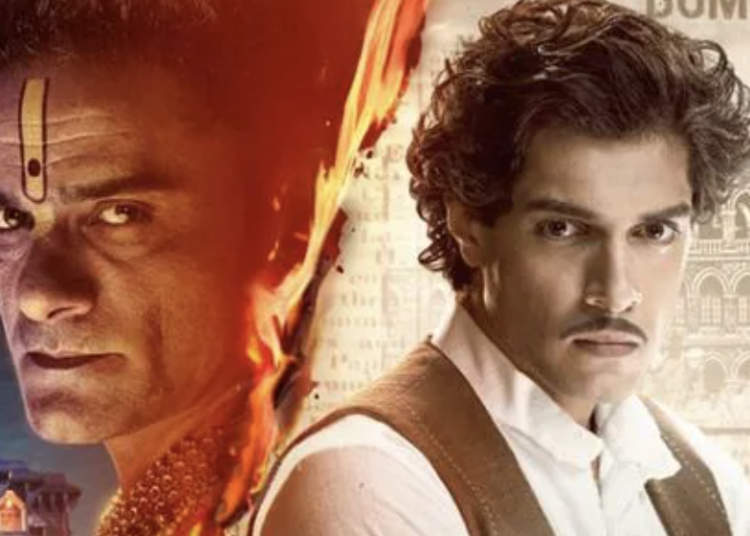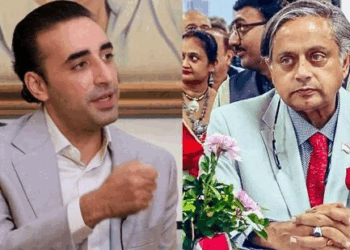Netflix has moved the High Court challenging the stay order on the release of its upcoming series ‘Maharaj’, asserting that artistic expression cannot be stifled by legal challenges. The streaming platform’s plea comes in response to a lower court’s decision to halt the series’ release following objections raised by a royal family in Rajasthan.
The controversy surrounding ‘Maharaj’ began when the descendants of a historical figure filed a petition seeking to block its release, claiming that the series misrepresented their ancestor’s legacy. The lower court had granted a temporary stay order, prompting Netflix to escalate the matter to the High Court.
In its appeal, Netflix argued that the series is a work of fiction and does not intend to defame or distort historical facts. The streaming giant emphasized the importance of creative freedom and highlighted that ‘Maharaj’ is a fictional narrative inspired by historical events, with due disclaimers to clarify its fictional nature.
Legal experts have noted the complexity of balancing artistic freedom with concerns of historical accuracy and respect for individuals’ legacies. The case has sparked a broader debate on the boundaries of creative expression and the responsibilities of content creators towards historical subjects.
Netflix’s move to challenge the stay order underscores its commitment to defending the release of ‘Maharaj’ while upholding legal and ethical standards. The streaming platform has faced similar challenges in the past, navigating various legal landscapes to ensure its content meets regulatory requirements without compromising on artistic integrity.
Industry analysts suggest that the outcome of this legal battle could set precedents for future disputes involving historical representations in media and entertainment. The case is being closely watched by stakeholders in both the film industry and legal fraternity, anticipating potential implications on creative freedoms and regulatory frameworks.
As the legal proceedings unfold, Netflix continues to prepare its defence, supported by arguments that seek to validate ‘Maharaj’ as a legitimate work of fiction that contributes to cultural discourse rather than distorting historical facts.








 India
India












